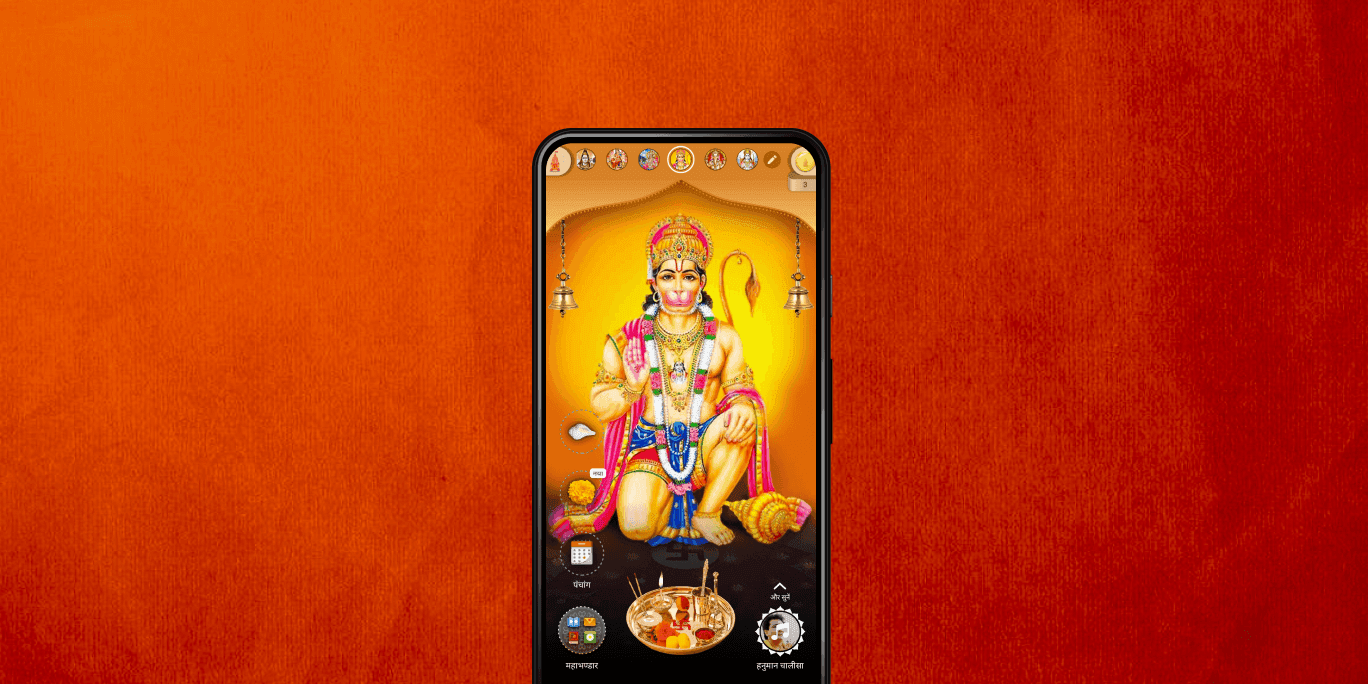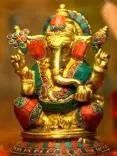What are Pitru Paksha Shradh Rituals
Pitru Paksha is a 16 day long ritual that has great cultural and spiritual significance. It is a time set aside to respect and honor our ancestors during the Shradh ceremonies. In Hindu Culture people believe that by performing these rites, they can offer peace and freedom to their ancestors. Not only do the rituals express gratitude, but they also ensure the welfare of future generations.
What is Pitru Paksha?
In the Hindu calendar, families remember their ancestors during Pitru Paksha by engaging in customs known as Shradh or Kangat. According to the Hindu lunar calendar, it normally takes place in the month of Bhadrapada which begins on the full moon day (Purnima) and concludes on the new moon day (Amavasya), also known as Sarvapitru Amavasya.
It is thought that during this season, ancestors' souls visit Earth in the hope of offerings from their future generations. The family who performs Shradh during this time is blessed with peace, prosperity, and blessings.
Who Can Perform Shradh?
Usually, the family's elder son or any older family member carries out the Shradh rite. However, the female members can carry out these rites if there isn't a male successor. During Pitru Paksha, anyone wishing to honor their ancestors can take part in Shradh.
Pitru Paksha Shradh Rituals
The person performing the Shradh called the Karta, must cleanse themselves by taking a bath before the ritual. Bathing is important to purify oneself before performing the ceremony. You should wear traditional clothes while performing the shradh rituals. The Karta should avoid non-vegetarian foods, and alcohol to maintain focus and dignity while honoring the ancestors.
Setting Up the Altar
- Create a sacred space for the rituals in a clean area of the house.
- The altar should be set up facing south, as Yama, the god of death, and the - Pitru Lok are believed to be in the southern direction.
- Place pictures or any symbolic objects representing your ancestors on the altar( puja ghar).
- Use Durva grass on the altar, as it is considered pure and acts as a purifying element during the shradh ritual.
- Add incense sticks( Agarbatti) and a brass lamp (diya) to create a spiritual atmosphere and invite the presence of the ancestors.
Food Offerings
- The food offered during Shradh has a nurturing connection to the ancestors.
- The meal typically includes puris, kheer, certain vegetables, and desserts.
- Avoid onions and garlic during the Shradh rites.
- Black sesame seeds and rice mixed with ghee are also offered, as they are considered sacred and believed to nourish the souls of the ancestors.
- Based on local customs, you must also arrange fruits and sweets on the meal table.
- Offer the food to the gods and ancestors on a copper plate or a banana leaf to maintain purity.
- Do not taste the food before the ritual is complete, you can consume food after offering it to the ancestors..
Performing Tarpan
- Tarpan is a ritual where water is offered to one's ancestors, symbolizing the continuation of life from one generation to the next.
- The Karta (person performing the ritual) sits facing south and holds water in their palm or uses a spoon while reciting mantras to honor the ancestors.
- Water is often combined with black sesame seeds, barley, and sometimes kusa grass, representing purity and devotion.
- The offering is made to satisfy the thirst and hunger of the souls of the ancestors.
- One common mantra recited during Tarpan is:
|ॐ पितृगणाय विद्महे जगत धारिणी धीमहि तन्नो पितृः प्रचोदयात्। |Om Pitriganaya Vidmahe Jagat Dharini Dhimahi Tanno Pitruh : Prachodayat |
- This mantra invokes the ancestors, seeking their blessings and guidance.
- Tarpan is performed three times to ensure that the offering reaches the ancestors effectively.
Feeding Crows and Other Animals
- According to Hindu culture, Crows are considered messengers of Yama (the god of death) and ancestors.
- It is believed that when food is offered during Shradh and consumed by crows, it is believed that the ancestors have accepted the offering.
- Providing food to stray dogs and cows, which are revered in Hinduism, symbolizes compassion and humility.
- This act is believed to calm the souls of the ancestors and bring blessings to the household.
- Some customs include feeding Brahmins or performing daan as a charitable gesture to honor the ancestors and ensure their blessings.
Requesting Assistance From Priests
- You can hire a pandit to carry out the Shradh ceremonies for added simplicity.
- The pandit is skilled in performing Vedic rites, including homa (sacred fire rituals) and recitation of passages from sacred texts.
- Pandit is important for offering prayers and fulfilling religious duties during the Shradh ceremony.
- For families unable to perform the rites at home, temples or locations like Gaya, which are renowned for Shradh, can be used to offer the sacrifices.
Completion of the Rites
- After completing the offerings and prayers, the food prepared for the ancestors is shared among family members.
- Sharing the meal signifies that the ancestors have blessed the family and accepted the offering.
- Sharing the meal fosters a sense of unity and reverence within the family.
- It provides an opportunity to remember and honor the legacy of those who have passed away.
- Donating food, clothes, or money to those in need is believed to bring peace and prosperity to the family.
Sarvapitri Amavasya: The Last Day of Offering
- Sarvapitri Amavasya, the final day of Pitru Paksha, is devoted to all ancestors.
- This day is considered particularly significant for giving Shradh to someone who may have passed away suddenly or unexpectedly.
- On this day, we honor ancestors who had no direct offspring or whose dates of death are uncertain.
- The purpose of the ceremonies held on Sarvapitri Amavasya is to grant all ancestors freedom and serenity, making sure they are never forgotten in the family tree.
- Ensures that no ancestor is forgotten in the family tree.
- It is a time of reflection, appreciation, and prayers for the safety and success of the next generation.
The age-old custom of Pitru Paksha Shradh deepens our relationship with our forefathers. In addition to paying respect to the dead, the rituals carried out during this time serve as a means of obtaining their blessings for the future of our family. It is possible to grant our ancestors' souls peace and secure prosperity for future generations by observing the straightforward Shradh ritual with devotion and reverence.
These enduring customs help us remain rooted in our culture in an ever-changing world by serving as a constant reminder of the value of family, respect, and thankfulness.







